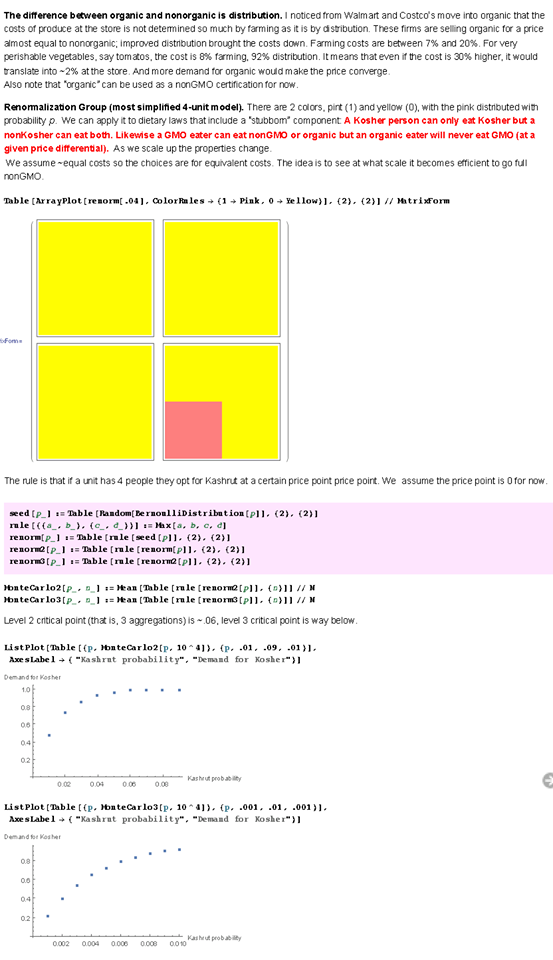An Uberized education is when –as in antiquity — one goes to a specific teacher to get lectures, bypassing the university. The students and the teachers are thus matched. If a piece of paper is necessary, it would be given by *that* teacher, or a group of teachers. It is not too different from the decentralized apprentice model.
This already works well for executive “education”. I give short workshops in my specialty of applied probability (I have given a few with PW, YBY and RD, though only lasting 1-2 days), limited to professionals. An Uberization would consist in making longer workshops, say of 2-3 week duration, after which the attendees would be getting a piece of paper of sorts.
From my experience, both students and lecturers are more sincere when they bypass institutions. And, as with other Uberizations, it would be much, much efficient economically.
A full education would be a collection of such micro-diplomas, which can be done on top of a conventional one.
Finally I would personally like to attend such workshops in disciplines outside my specialty. After my experience with Aramaic/Syriac last summer, I have a list of subjects I would be hungry to learn *outside* university systems…
via: Facebook
